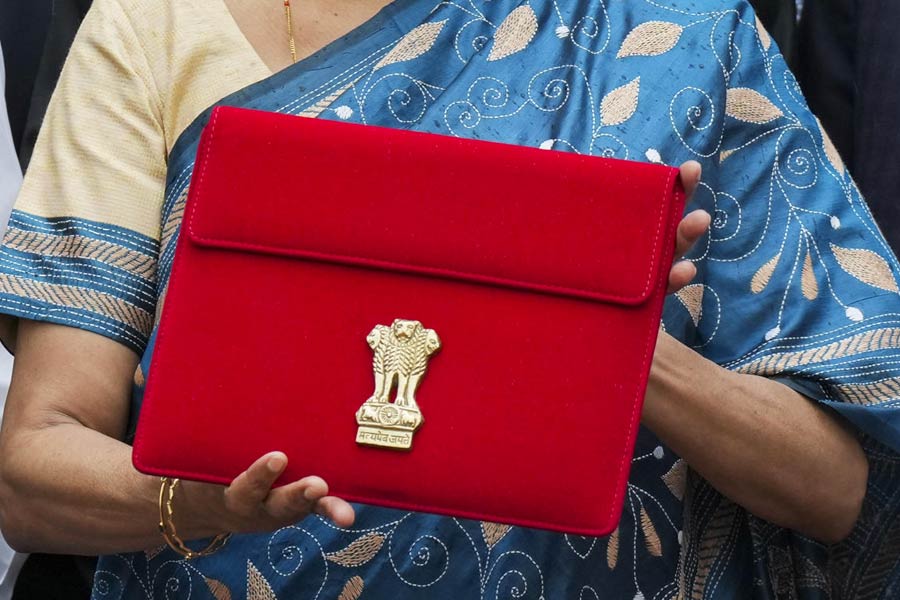The FY25 budget marks a significant milestone in India’s journey toward sustainable economic growth, job creation, and overall national well-being. By focusing on fiscal consolidation, employment generation, skilling, and infrastructure development, the government has laid a robust foundation for a brighter future.
A key focus of the FY25 budget is job creation and upskilling. The introduction of employment-linked incentive schemes, aimed at boosting hiring and skilling through internships, is a commendable move. These initiatives are designed to equip the workforce with necessary skills, aligning with the demands of an evolving job market, thereby driving economic growth and enhancing employability.
Reducing import duties on gold from 15 per cent to 6 per cent is a strategic move to curb unofficial imports. While this decision may impact the current account deficit and the Indian Rupee (INR), it is expected to lower domestic gold prices, benefiting consumers and the jewellery industry. However, careful management is required to mitigate any adverse effects on economic stability.
The FY25 budget introduces important tax reforms. Long-Term Capital Gains (LTCG) on listed equity and equity funds will now be taxed at 12.5 per cent, up from 10 per cent. Short-Term Capital Gains Tax has increased from 15 per cent to 20 per cent. Despite these changes, equity mutual funds remain a tax-efficient investment vehicle, encouraging long-term investments and aligning with India’s growth trajectory.
The removal of the angel tax is a significant boost for start-ups, promoting innovation and entrepreneurship. Although the increased Securities Transaction Tax (STT) in Futures & Options (F&O) may slightly affect trading volumes, India’s low transaction costs remain advantageous.
Revisions in tax slabs and higher standard deductions offer taxpayers with ₹15 lakh in taxable income an additional ₹17,500 per year in tax savings under the new regime. This is a slight positive for small-ticket consumption, enhancing disposable income for middle-income households and stimulating economic activity.
Investors are encouraged to remain invested and consider further investments through Systematic Investment Plans (SIP).











